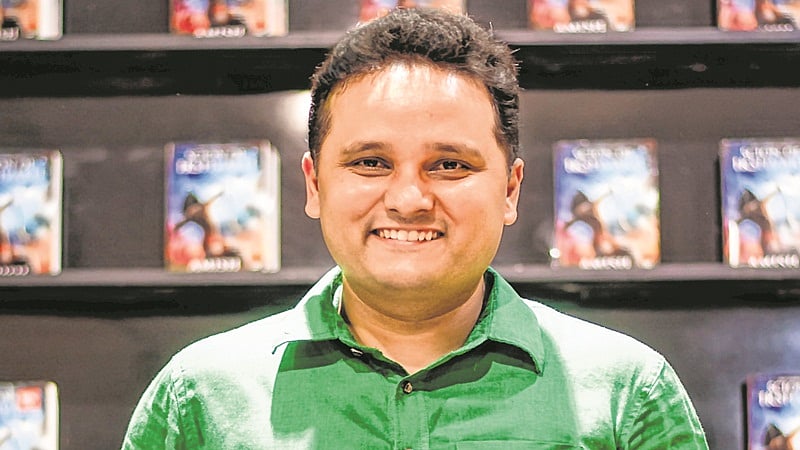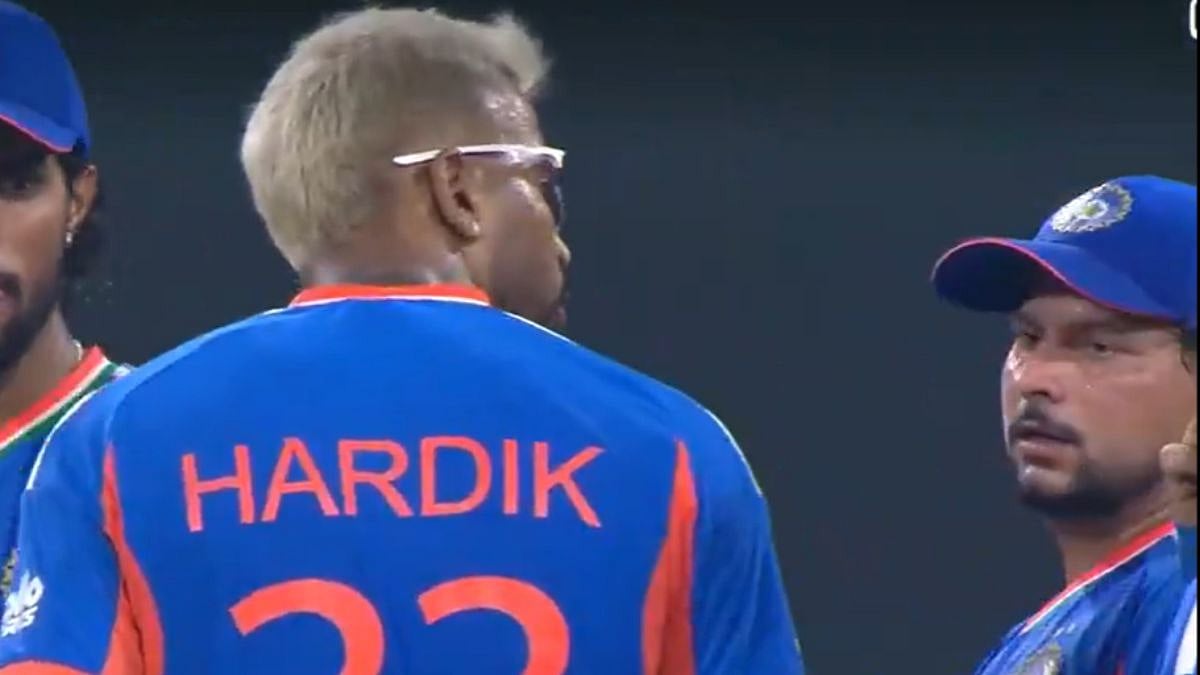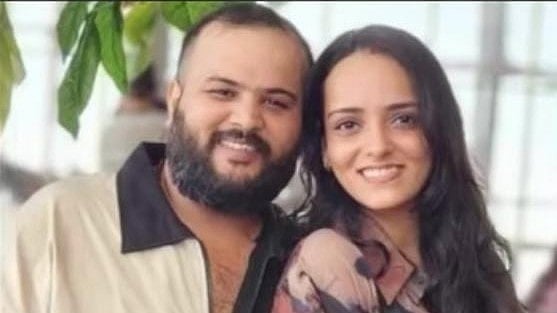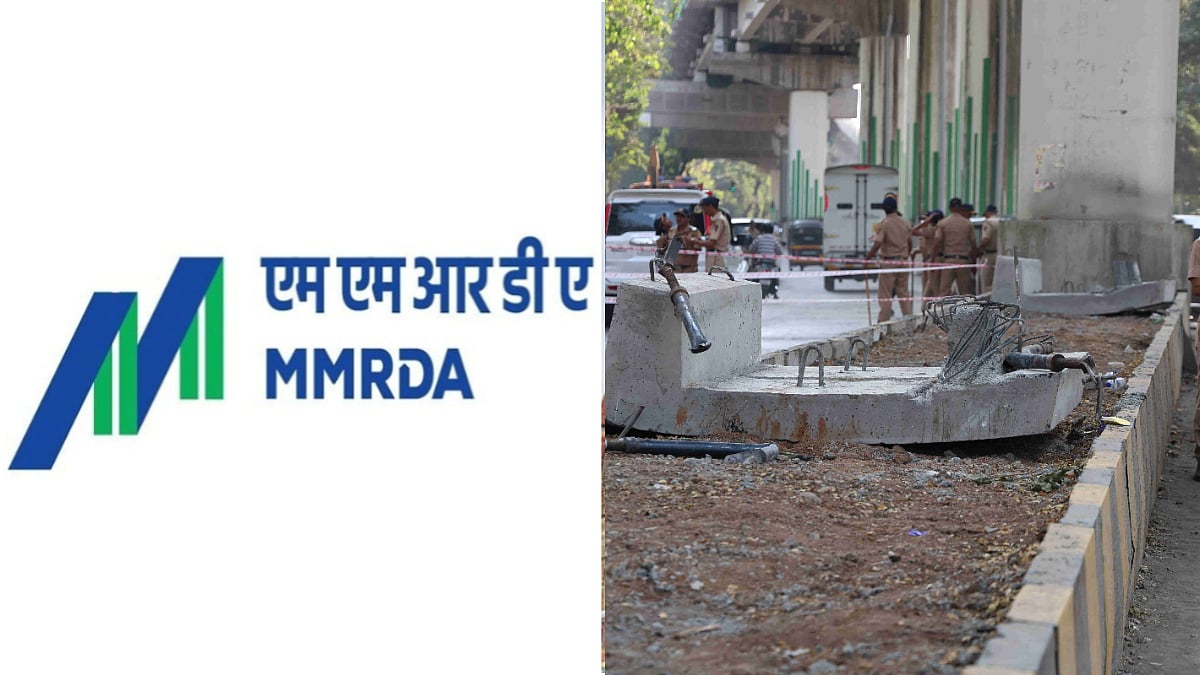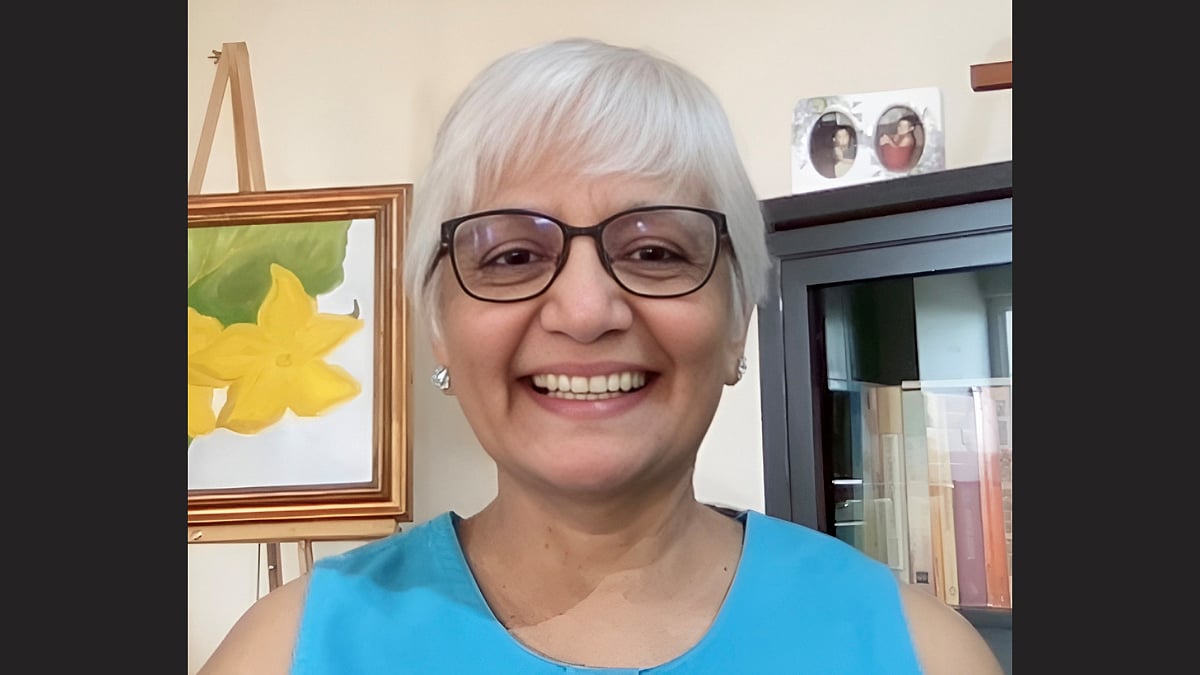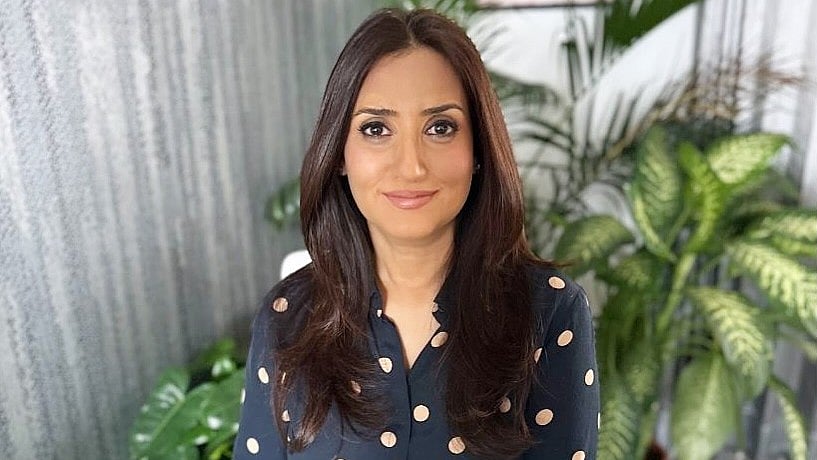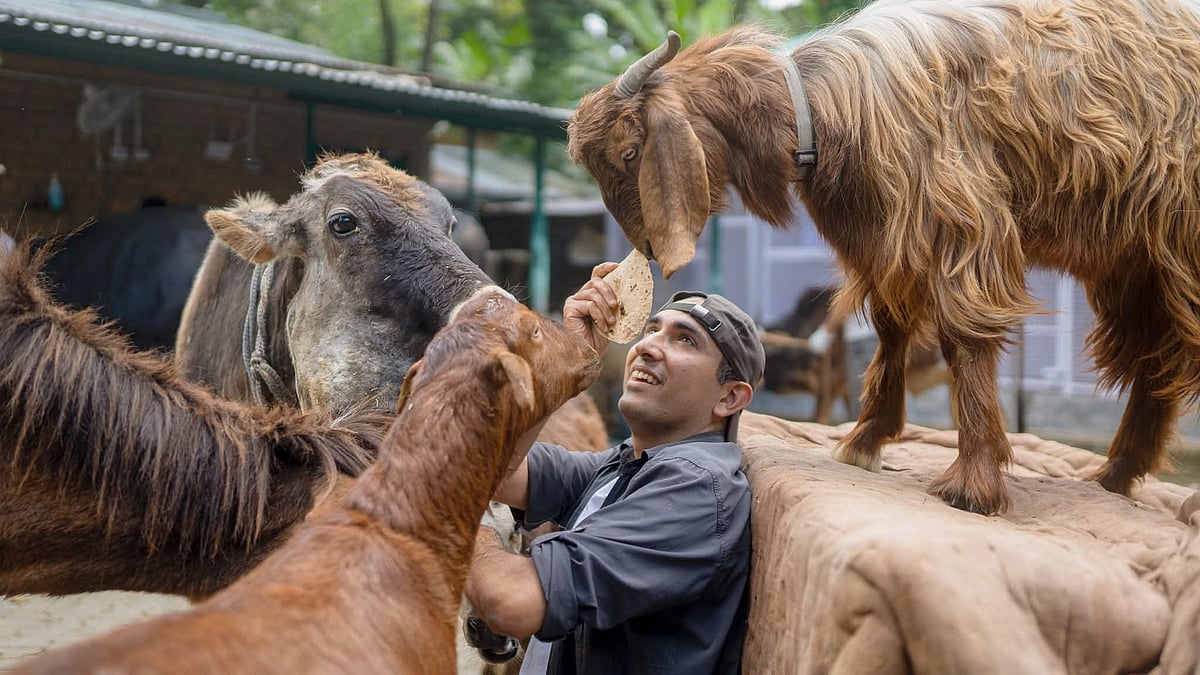Amish Tripathi

I read a lot and it is hence difficult for me to name one book that has affected me. But if I must choose just one than it would be the one I read recently, Sati by Meenakshi Jain. The book is analysis of the British Era. It speaks about how sati was not a majorly practised across India, and was prevalent only in a few minor communities. It reinstated my perception on the same, that sati was not a major practise. It’s not mentioned in any of our important scriptures like Mahabarata or Ramayana. Whatever I have read has inspired me to write, so I cannot name just one book which has prompted me to write my novel. I believe if you are a good reader you become a good writer.
Anjali Joseph

I remember being 17 and finding, in a second-hand bookshop in a small town in England, a copy of Samuel Beckett’s first novel Murphy. I loved it for its experimental form and compact size, its humour and lightness and cleverness. There are lovely moments in it: the eponymous hero, Murphy, who only wants to be left alone in peace, and whose girlfriend wants him to find a job – for a while he works in a mental hospital and plays a strange game of chess with a strange patient there, Mr Endon. It’s the tone of the book that I liked and still like best: everything is imperfect, even distressing, but at the same time light, almost dancing.
Amita Trasi

There are so many books that have made an impact on my life, but let me choose a classic Lord of the Flies by William Golding because it was the first book I read in my early teens that opened my eyes to the nature of humanity. It might appear to be brutal and gruesome to some readers but I think it has many facets to it. The fact that human nature or morality as such is a spectrum and it is too complex to decipher. Under certain grave circumstances like war or depression or after suffering abuse, we might end up doing the things that we think we will never do OR me might instinctively follow the good in us. Moving from one end of the spectrum to the other could be a possibility for anyone. Some people instinctively follow their heart while others may appear good because of the rules of morality they are following, which will perhaps disappear quickly under adverse situations. I find this book to be deep in its questioning of the human condition and I think it can leave the reader more open-minded. Three books inspired me to write my novel: The Pearl Who Broke its Shell by Nadia Hashimi, A Thousand Splendid Suns by Khaled Hosseini and The Secret Daughter by Shilpi Somaya Gowda. I find it astonishing that in this day and age, there are many women out there who are suffering because of traditions or rules that society imposes on their gender. Irrespective of the country we come from, irrespective of caste/religion/education, if we can’t give a certain segment of our society freedom to make their own choices, I’m afraid we won’t be able to progress together. I think that as a woman, I feel moved by the plight of women who are still enduring so much in many countries around the world. It’s one of the reasons I write.
Andaleeb Wajid
If I had to name one book that has made an impact on me that would have to be A Tree Grows in Brooklyn by Betty Smith. I read it a little more than a decade ago, when I had just started writing seriously. It was one of those books that didn’t just teach you about life, but the way it was written was an education itself for me. Francie Nolan’s deep down wonder for whatever life brings, but also her attitude to keep trying, keep striving touched me the most. It’s a bittersweet story which touches the readers at different levels. Hotel Paradise, by Martha Grimes is the book that has motivated and inspired me to write. I don’t know why I loved that book so much! It was different from Martha Grimes’ other mysteries. There was something more sedate about it, and the young protagonist Emma Graham did influence me quite a bit in the way I shaped my own protagonist when I wrote my first novel back in 2005.
Aditya Iyengar
Kiran Nagarkar’s Cuckold is the book that has influenced me. It’s a book I’ve revisited nearly every year since I read it some 7-8 years ago. The novel is rich in detail and dense with ideas, and yet reads like a page turner. The protagonist Maharaj Kumar, who desires to be a pacifist but finds himself held back by circumstances is one of my favourite fictional characters. In fact, he was one of my inspirations when I was trying to construct the character of Yudhishthira in my novel The Thirteenth Day. Yes, I have been motivated to write after reading a The Flashman papers. It is a series of humorous novels about a British general who participates in the colonial wars, in fact inspired the structure of my series on Ashwatthama that begins with the book Palace of Assassins.
Antara Ganguli

Two books, Master and Margarita and A Suitable Boy, changed how I think writing. Master and Margharita uses satire and allegory to describe civilisational shifts in Russia but also in individual characters who move from joyful humanness to institutional and spiritual madness. A Suitable Boy describes in meticulous but gentle detail a set of families and their ascent into and descent from privilege. The first is a violent and abstract wash of colour of singular men and women on the seemingly cement background of the Soviet Union and the second is an almost photographic reflection of families across the vast, undulating canvas of post-Independence India. I read both books together and the simultaneous discovery of two such different styles of description felt revelatory. I now believe successful narration depends only on the truth of the idea and the ability to invoke delight in the reader. What touched me the most in A Suitable Boy was the depiction of Hindu Muslim relationships. Starting in 1950, the novel meanders through and around individual and family relationships, romance and friendship so that by the time you finish the story, you have a sense of a deep but poisonous siblinghood. Every time I read this book, I have this feeling of being on a train that doesn’t stop in a dream that I can’t wake up from. One book which had inspired me to write would be Paddy Clarke Ha Ha Ha. I read Paddy Clarke Ha Ha Ha when I was only a few years older than its child protagonist. I fell in love with that child and felt all his love, anguish and anger with his family, school and friends. Ever since, I have sought to fall in love over and over again in coming of age novels, finding in their determined, device-bound simplicity a kind of nakedness that I find easier to live with. Paddy Clark Ha Ha Ha was unflinching in its depiction of the non-childishness of children’s lives and this influenced my novel, Tanya Tania, a coming-of-age novel of young women.
Chatura Rao

If I had to name one book that might have made an impact on me that would be John Steinbeck’s Of Mice and Men. It was the first novel I ever read that told the story of friendship from the point of view of two migrant farm labourers. One is a huge fellow, slow to understand things. His friend keeps trying to protect him from the mistakes he inevitably makes. The ending is tragic. I was very moved by this story, told with such brevity and skill. I was inspired to write my first children’s novel, Amie and the Chawl of Colour after reading Salman Rushdie’s Haroun and the Sea of Stories.
Devendra Prabhudesai
I was seven when I first read Sunny Days, the autobiography of Sunil Gavaskar, my childhood cricketing hero. Not only did the book inspire me to pursue cricket, but it also motivated me to write. Idols, Runs N’ Ruins and One-Day Wonders, were the other books by Mr Gavaskar that had a similar impact on me. Idols… profiled over thirty cricketers, all of whom were my heroes, and the other two books dwelt on turbulent phases in Indian cricket in the mid-1980s. I remember telling myself that if I could not emulate Mr Gavaskar as a cricketer, then I must at least try to emulate him by becoming a writer. His recollections of his formative cricketing years and his penchant for calling a spade a spade is what touched me the most. I have lost count of the number of times I have read Sunny Days. In later years, the likes of Javed Miandad and Rahul Dravid have also acknowledged its impact. Sunny Days inspired me to become a writer. Other books that motivated me to write were The Amar Chitra Katha series and Sherlock Holmes collection also played their parts. Freedom At Midnight is another favourite. When I wrote my biographies of Mr Gavaskar and Sachin Tendulkar (Hero: A Biography of Sachin Ramesh Tendulkar, which will be out next month), I had these books at the back of my mind and I attempted to construct the narratives on similar lines. The aim was to give an ‘epic’ feel to both the books.
Kaumudi Marathe

Growing up in the home of English professors, surrounded by books, reading constantly, every day was Book Day for me! Becoming a writer, books have continued to be a huge part of my life. So, naming just one that moved me or changed my way of thinking is virtually impossible. How can I not mention Pride and Prejudice, which I first read at 20 but have reread every year since, finding something new in it each time? And EM Forster’s A Room With A View, which was gorgeously evocative and deeply perceptive when I read it as a teenager? And Susan Cooper’s The Dark is Rising series that echoes CS Lewis’ Narnia books and presages JK Rowling’s? Or even Arundathi Roy’s The God of Small Things, the first 60 pages of which blew me away.
If I had to pick just one, however, it would the book that made me a food writer. Soon after we moved to California in 1999, a friend loaned me MFK Fisher’s autobiography, The Gastronomical Me. Reading it, I discovered my gastronomical intentions and began to explore my ideas about the role of food and stories in our lives. Fisher articulated poetically how food brings forth passion, humour, love, and madness. I wanted to write like her, sharing my hunger and my love of beautiful ingredients cooked with love. She changed the way America saw food and cooking and she changed me. I realized that food writing could also be lyrical. So, when I started work on my food memoir, Shared Tables, some years ago, it was her words that inspired what I wrote about jaggery and pohe, artichokes and mozzarella, about observing my mother and my grandmothers cooking, or my feelings as a child eating in a garden of wild roses.
MFK Fisher is my Annapurna. As I say in the first chapter of Shared Tables, “[Her] tales were aromatic souvenirs of a voluptuous life. It was Fisher who made me realize what my hunger was. It was a hunger for love and happiness and the innocence that accompanies it.
Rashmi Bansal

One book that has touched me the most is You Can Heal Your Life by Louise Hay. The book speaks about the connection between mind and body. Our thoughts are so powerful that they end up affecting our body in ways we cannot imagine. Normally we blame outside factors like organisms, weather for our illnesses, while they do affect us, our thoughts also play an important factor in our health. We need to improve our thoughts and start thinking positive. We must realise that we are responsible ourselves, we are creating our own destiny and we can’t blame others for our mental well-being. The book has several exercises which help you change for better. A book that inspired me to write my book would be a What Should I Do With My Life by Po Bronson. The writer of that book went to several places and asked people this question: what should I do with my life. I was moved by the writing style and the way it seeks to answer this vital question. And it inspired me to write Stay Hungry Stay Foolish.
REVANT

7 Habits of Highly Effective People by Stephen Covey stands out for me. It changed the way I looked at time management. I feel it should be a mandatory course in high school across the world. Even though Covey was talking about his own life in many examples, as a reader I felt like he was talking about my own life. In my opinion, that was the biggest strength of the book. I read a few self-help books and most of them were quite boring and idealistic, that it inspired me to combine humour with philosophy in my book Selfienomics. I feel people are bored of listening to the usual “think positive, follow your passions, never give up” advice they usually get, and they prefer to read something more relatable.
Tharun James Jimani

A book that might have made an impact on me would be the recent, The Sellout by Paul Beatty. It’s the story of a Black man in suburban LA who reinstates racial segregation and takes on a (willing) slave – all in a bid to give Black people in his community a reason to aim higher, work harder. It takes the living piss out of political correctness and cultural appropriation at a time when that seems a deliciously dangerous thing to attempt, and its black humour like I’ve never read before. What touched me in the book was the narrative style. It’s a pastiche of so many great story telling traditions – there’s a joke every sentence, call-backs, hip hop, stand up sets, monologue-type musings, pop culture references… it’s almost like a series of sketches that are eminently readable on their own. I try to write only about stuff I know or experienced first-hand, but finding a copy of Douglas Coupland’s Generation X: Tales For An Accelerated Culture was one of the best things to happen to me. This was way back in 2004, maybe 2005. The 90s slacker-thing was easy enough to identify with, but what I loved about it was how clever the writing was, and how unconventional it was for its time. Like The Sellout, it’s a mix of in-jokes and pop culture and navel-gazing; you can tell it was as much fun to write as it is to read. It was the kind of thing I wanted to write, but didn’t quite have a shape or form for in my head.
Vikrant Khanna

If I had to choose one book that has made an impact on me I will name To Kill A Mockingbird by Harper Lee. It’s about the racism that was pervasive in America seen through the eyes of children, and how one man, stands up against it despite all odds. What I liked was the central character Atticus Finch who sets out to do what he felt was right and stood by it. He stands up against an entire town for justice for a black man. The book demonstrates brilliantly that the efforts of a single person can make an enormous difference. It was And Then There Were None by Agatha Christie that inspired me to write unpredictable plots where the reader just cannot guess the end. Though I write a different genre, I have always tried to write like that.
